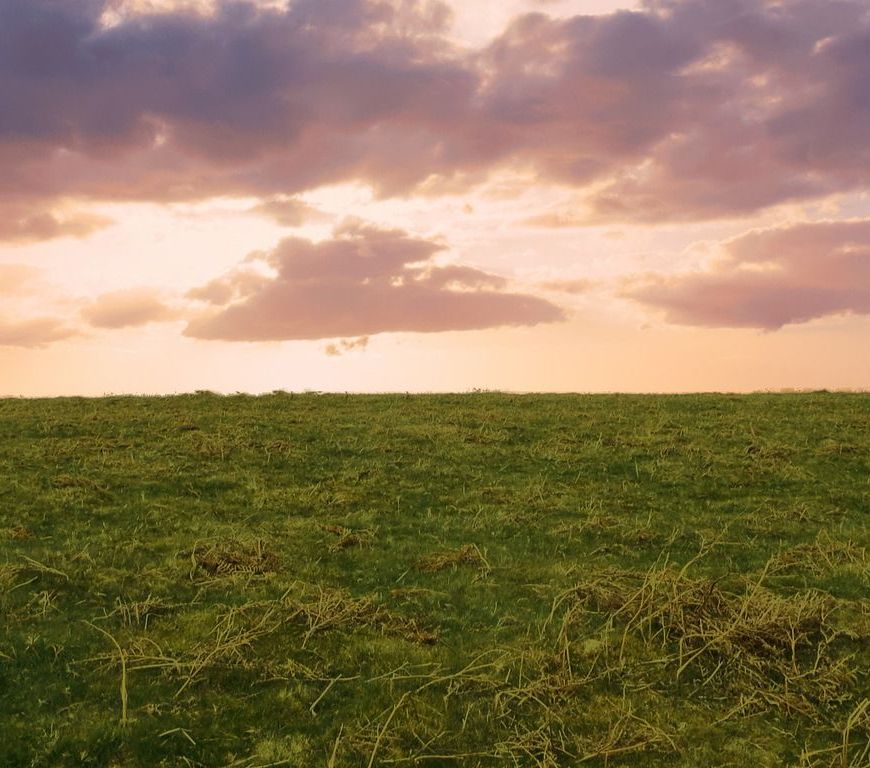
Chico Mendes Prize 2023: Winner announced for early career practitioner award
We’re excited to announce Molly Mitchell as the winner of the 2023 Chico Mendes Prize, celebrating the best Practice Insights article in the journal by an author at the start of their career. Winner: Molly Mitchell Article: A marsh multimodel approach to inform future marsh management under accelerating sea-level rise About the research How do you make good decisions about managing resources when those resources are … Continue reading Chico Mendes Prize 2023: Winner announced for early career practitioner award








